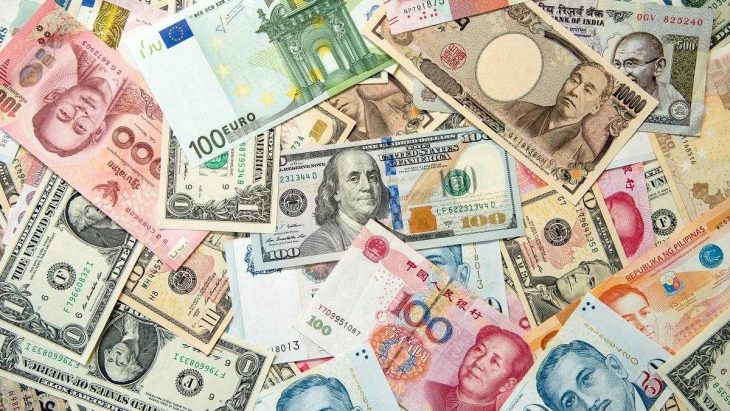
Stabilizing the Kwacha: Navigating Currency Fluctuations for a Stronger Malawian Economy
Key Business Points
- Malawi’s kwacha has weakened against major currencies except the US dollar, raising concerns about its stability amidst scarce foreign exchange reserves.
- The foreign exchange reserve has been hovering at slightly above two months of import cover, below the recommended three months threshold, making the economy vulnerable to external shocks.
- Diversifying exports and strengthening fiscal resilience are crucial to addressing the country’s vulnerability to external shocks and ensuring a stable exchange rate environment.
The kwacha’s performance against major currencies has raised fresh concerns about its stability, with the local unit losing value against the euro, pound, and South African rand, but remaining relatively stable against the US dollar. According to data from the Reserve Bank of Malawi (RBM), the kwacha lost 8.6 percent against the euro, 6.2 percent to the pound, and 3.4 percent against the rand in the first half of the year. However, it only eased marginally by 0.08 percent against the dollar.
Despite this apparent stability against the dollar, the spread between the kwacha-dollar telegraphic transfer rate and the bureau cash rate widened slightly to 10.7 percent in the second quarter. The International Monetary Fund (IMF) has observed that the kwacha’s official exchange rate is overvalued, creating distortions across the real economy. The IMF report noted that Malawi’s de jure exchange rate regime is floating, supported by inflation targeting, but the RBM de facto operates a "stabilised" exchange rate regime.
Economic consultants and analysts have attributed the shifts in the movement of the kwacha to both global and domestic factors. Booker Matemvu, an economic consultant, said the movements in the forex market reflect a global shift away from the dollar, while the kwacha is also struggling. He warned that the true value of the kwacha on the parallel market shows that the fall continues. Bond Mtembezeka, an economist, cautioned that the currency market could remain volatile as long as foreign exchange supply remains constrained.
The Mid-Year Economic Review by Nico Asset Managers Limited noted that persistent shortages of hard currency and speculative pressures continue to cause the disparity between official and parallel exchange rates to widen. The report emphasized that much of the country’s foreign currency inflows in the first half of the year were used to settle overdue payments for essential imports, leaving the country with low reserves. This underscores Malawi’s continued vulnerability to external shocks and the urgent need to diversify exports and strengthen fiscal resilience.
In Chichewa, this can be referred to as "kulemera kwa zipata za malawi" or the weakening of Malawi’s economy. As Leso Leso, a local business term, suggests, finding alternative sources of income or "kukwera pa mlomo" (diversifying) is crucial for businesses to remain afloat. Financial Market Dealers Association of Malawi president Leslie Fatch warned that unless underlying demand and supply challenges in the forex market are addressed, attempts to improve mismatches, including devaluation of the kwacha, cannot yield any results. Businesses and entrepreneurs in Malawi need to be aware of these developments and consider strategies to mitigate the risks associated with the volatile currency market.
What are your thoughts on this business development? Share your insights and remember to follow us on Facebook and Twitter for the latest Malawi business news and opportunities. Visit us daily for comprehensive coverage of Malawi’s business landscape.
- Malawi’s K1.2tn Gold Smuggling Scourge: A Threat to Business Growth and Economic Stability - February 1, 2026
- Revitalizing Malawi’s Economy: Lower Food Prices Signal New Growth Opportunities - January 31, 2026
- Revitalizing Malawi’s Economy: Tackling Climate Related Underfunding for Sustainable Growth - January 30, 2026
